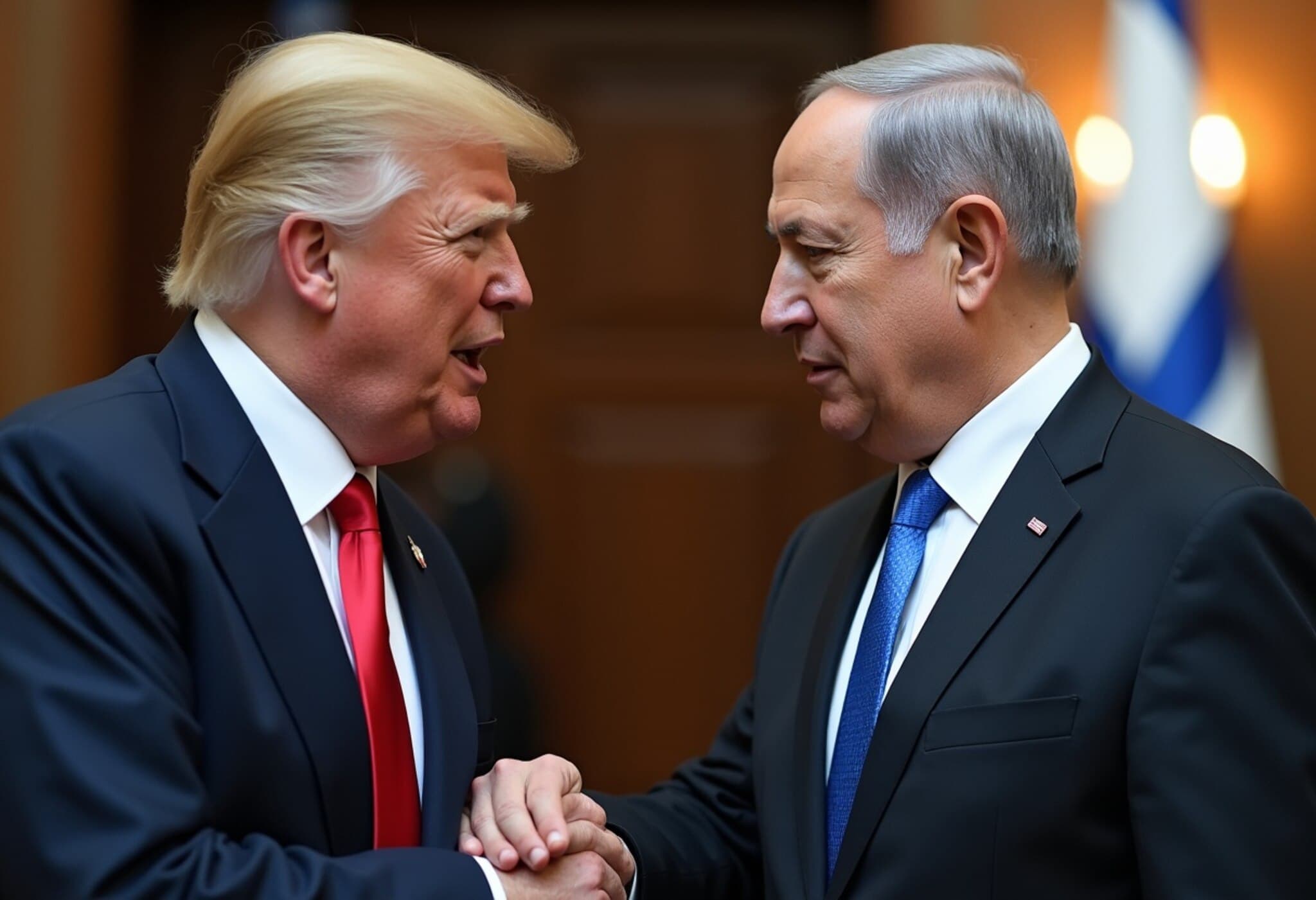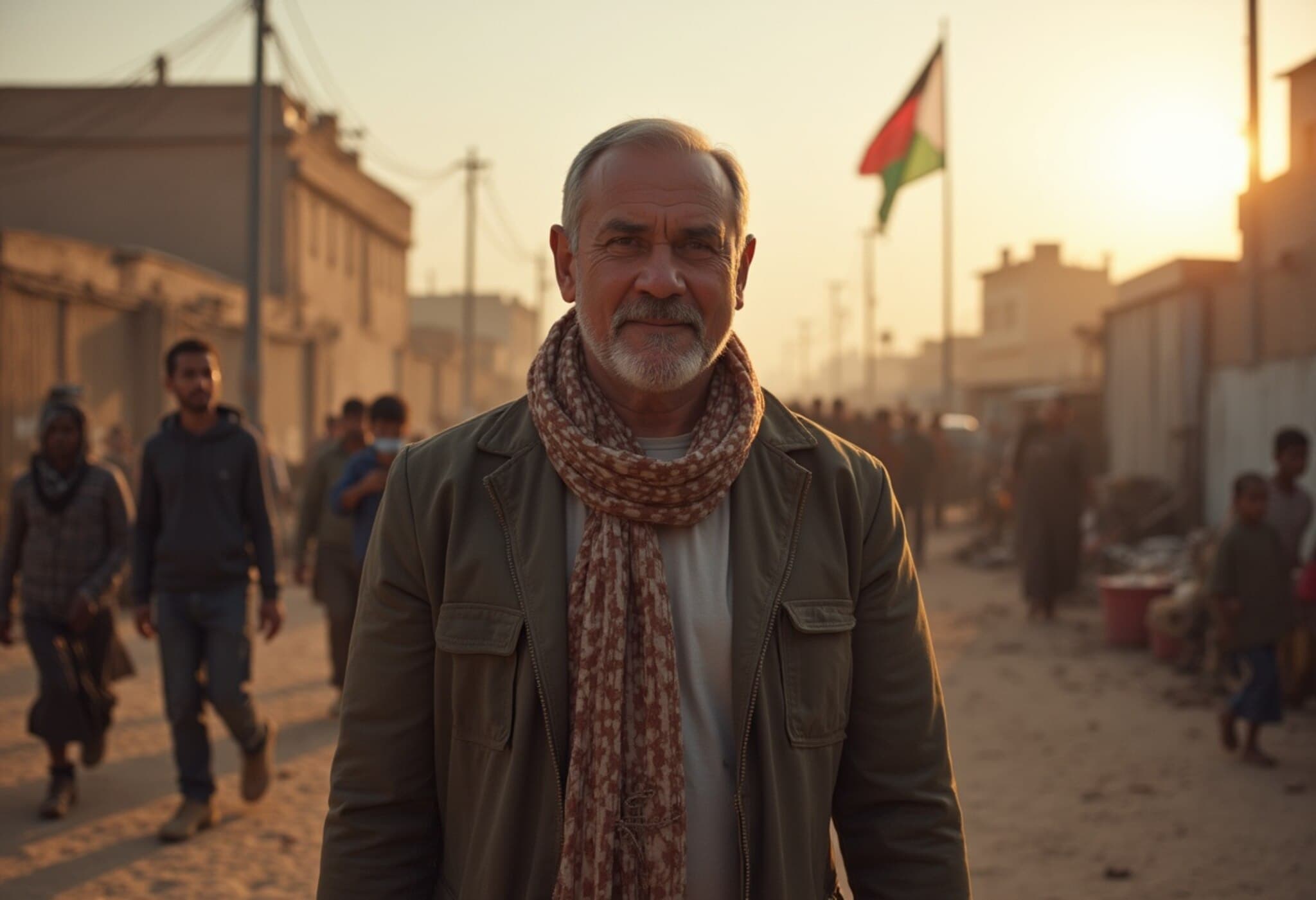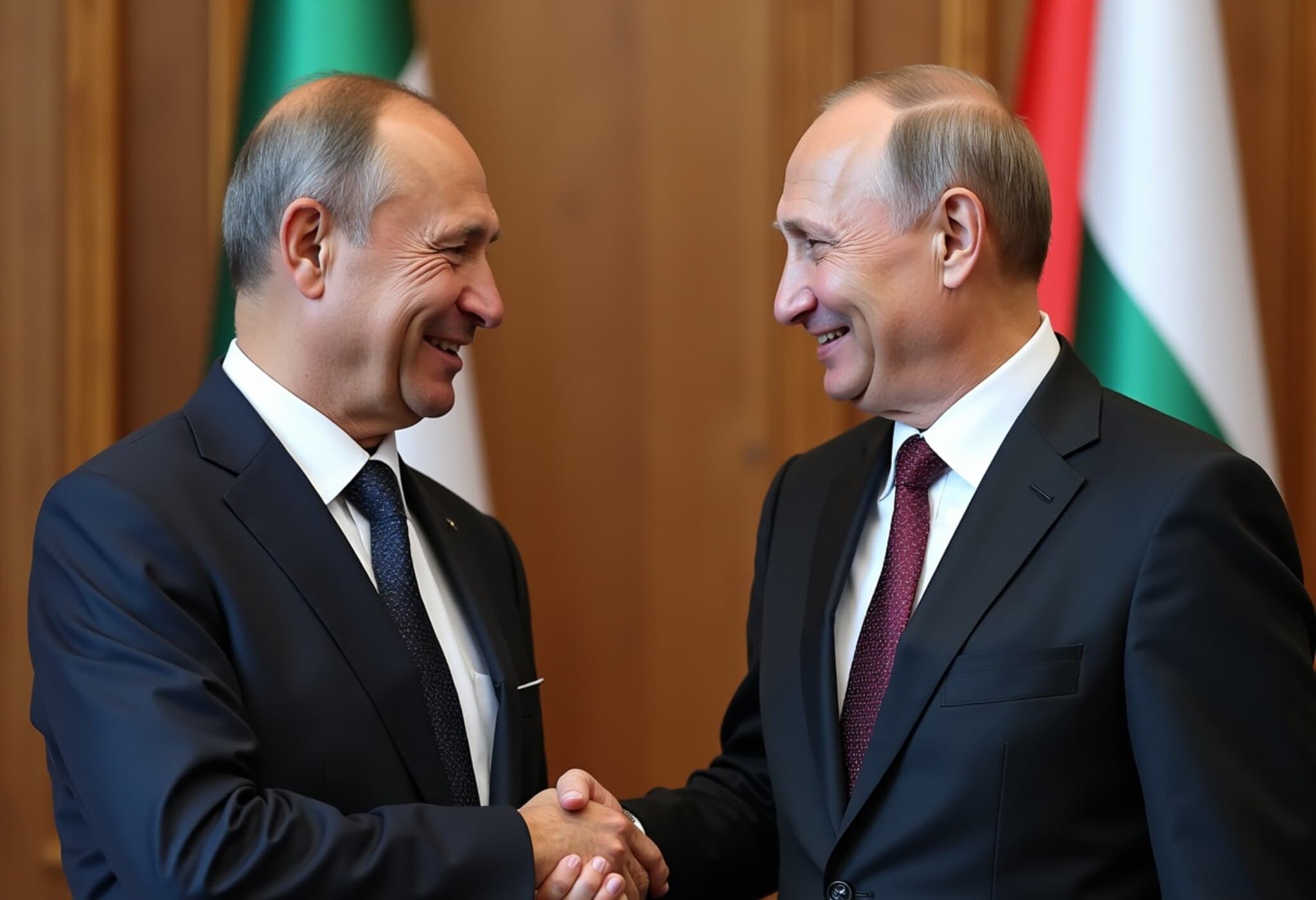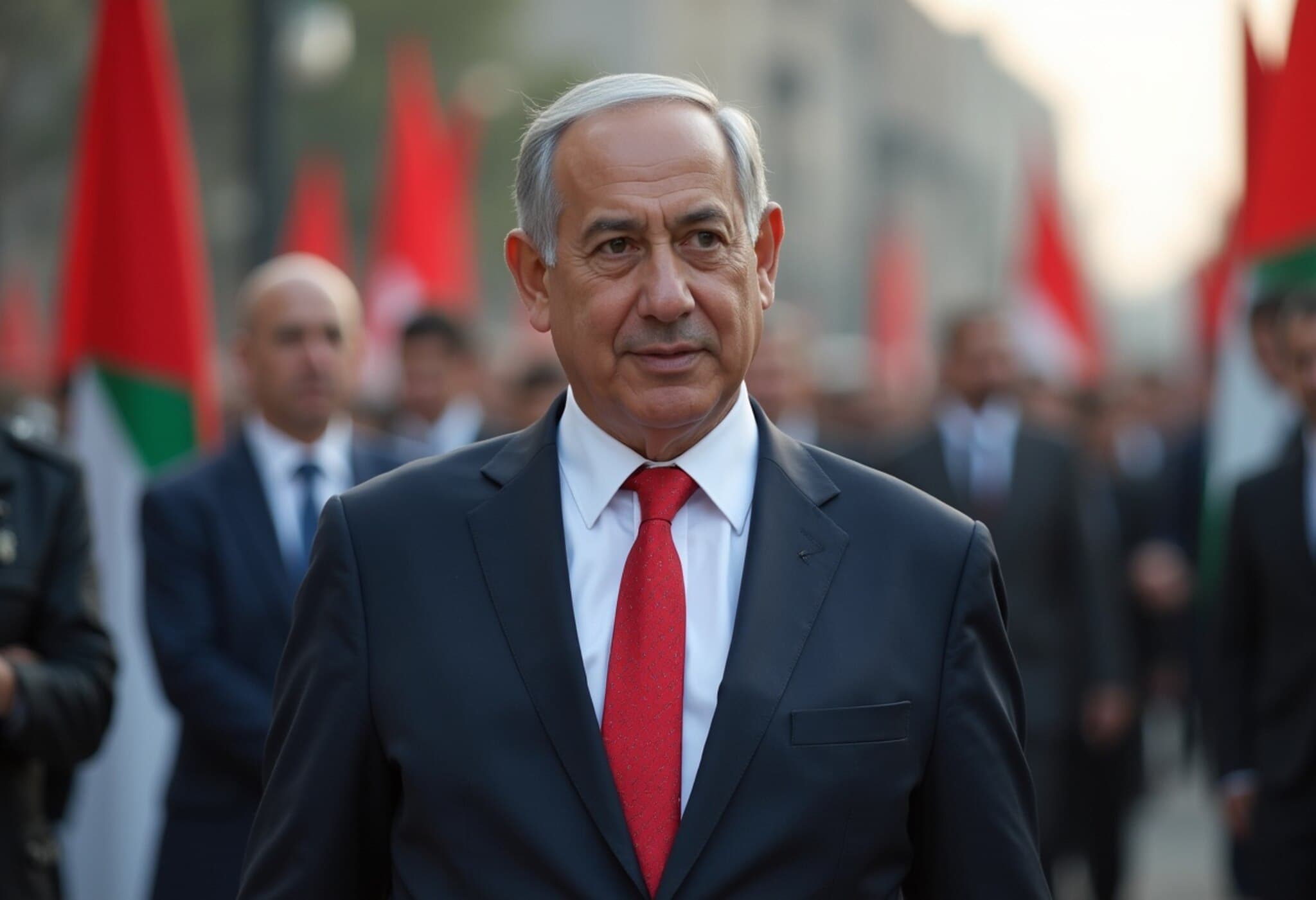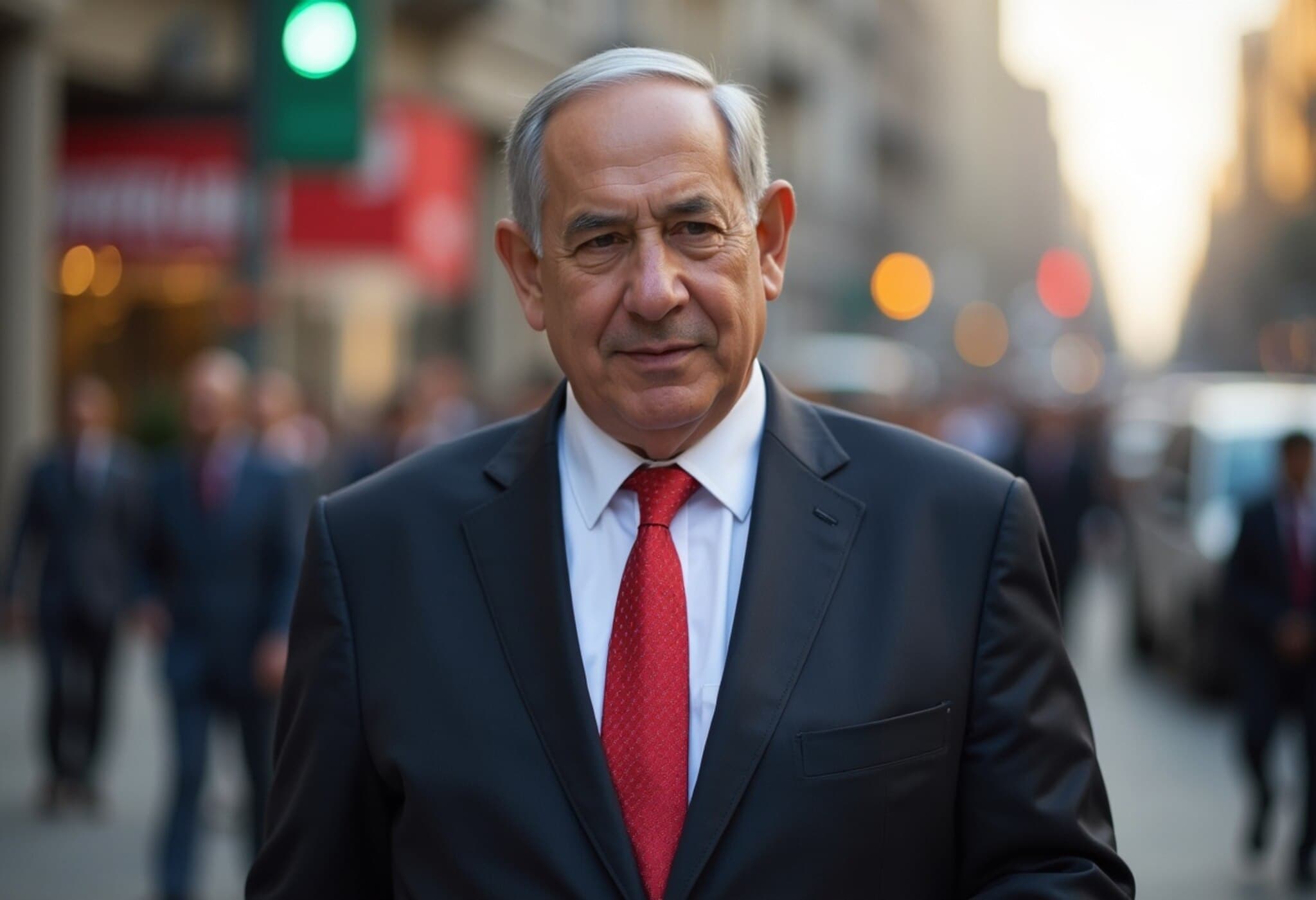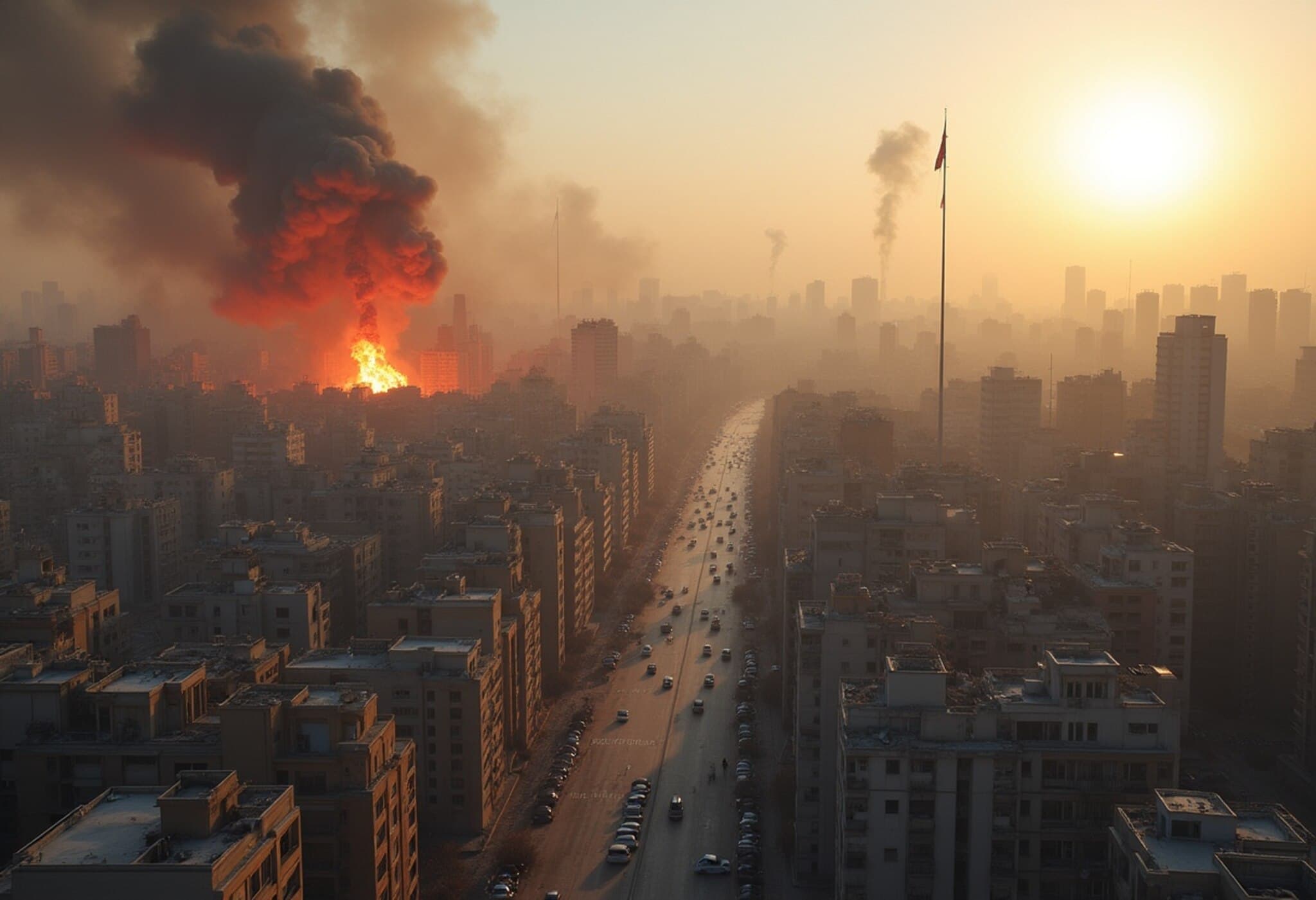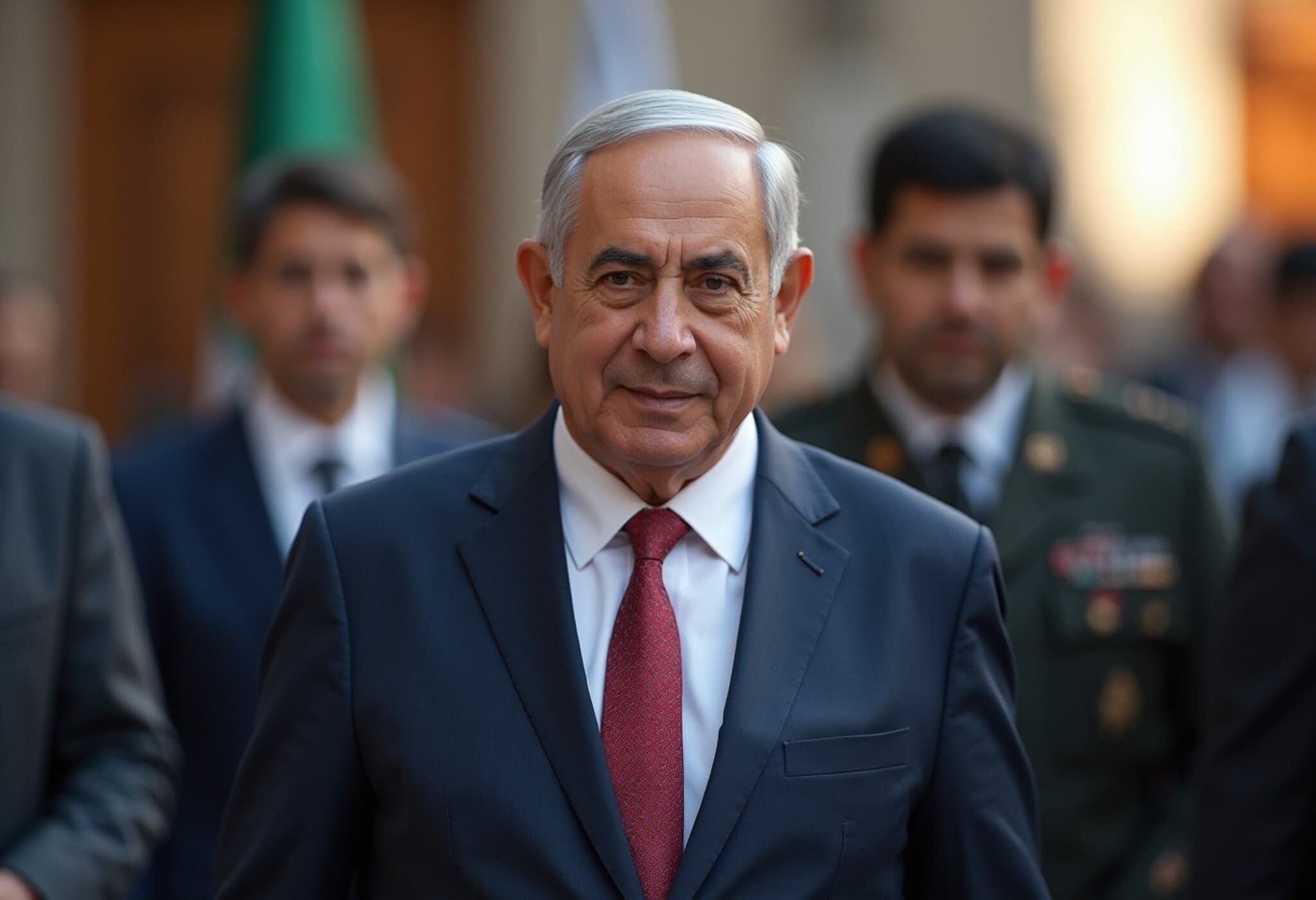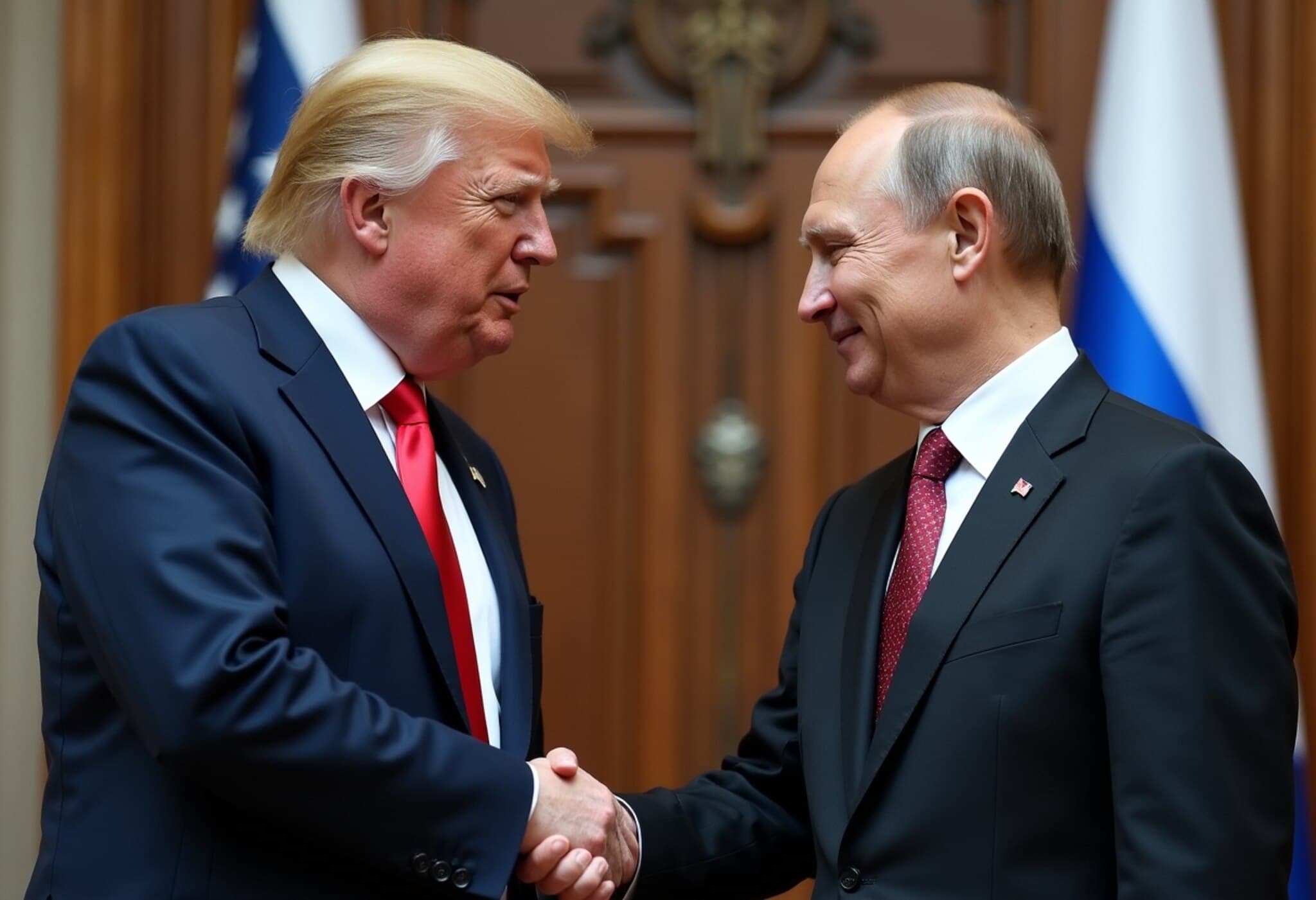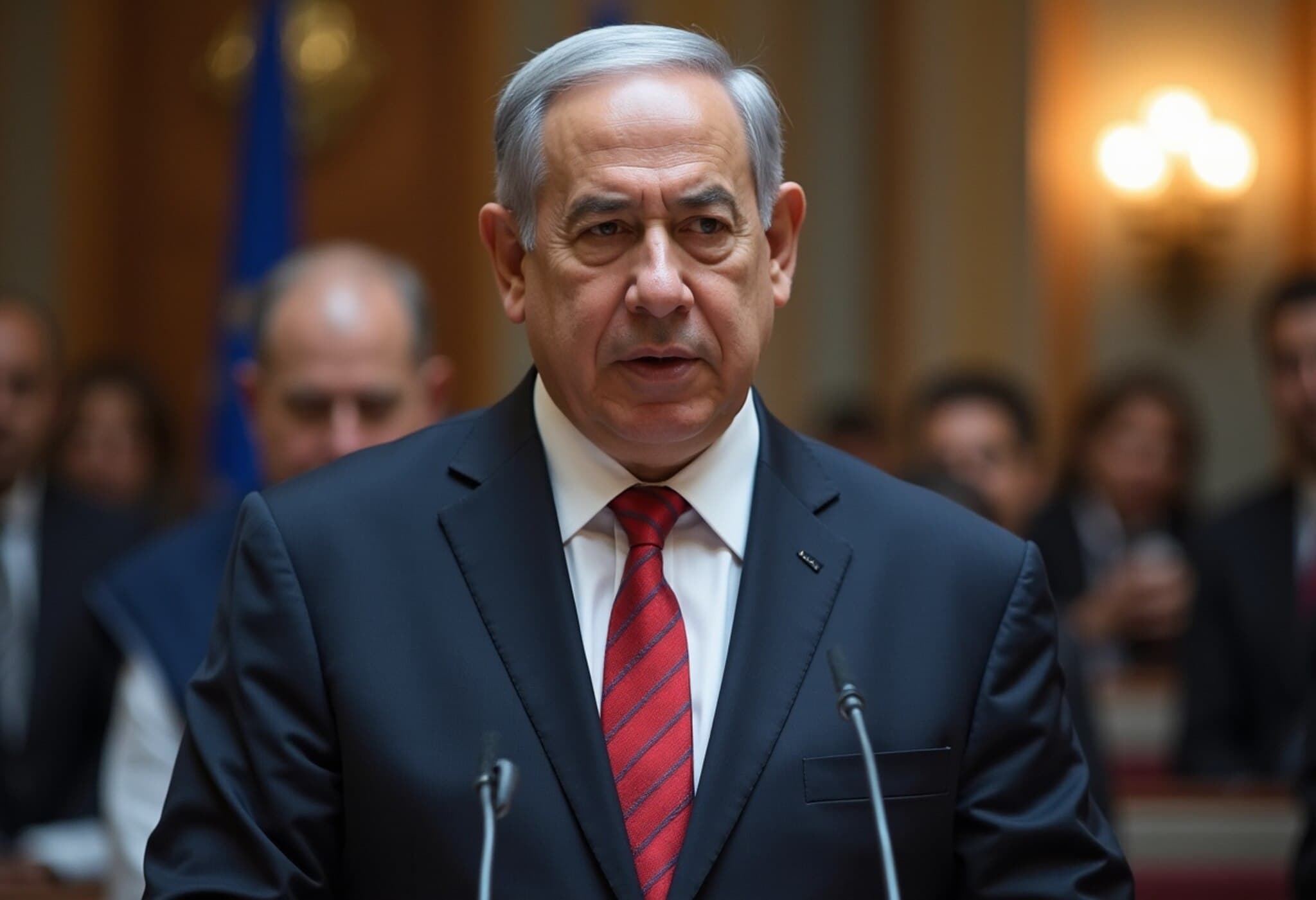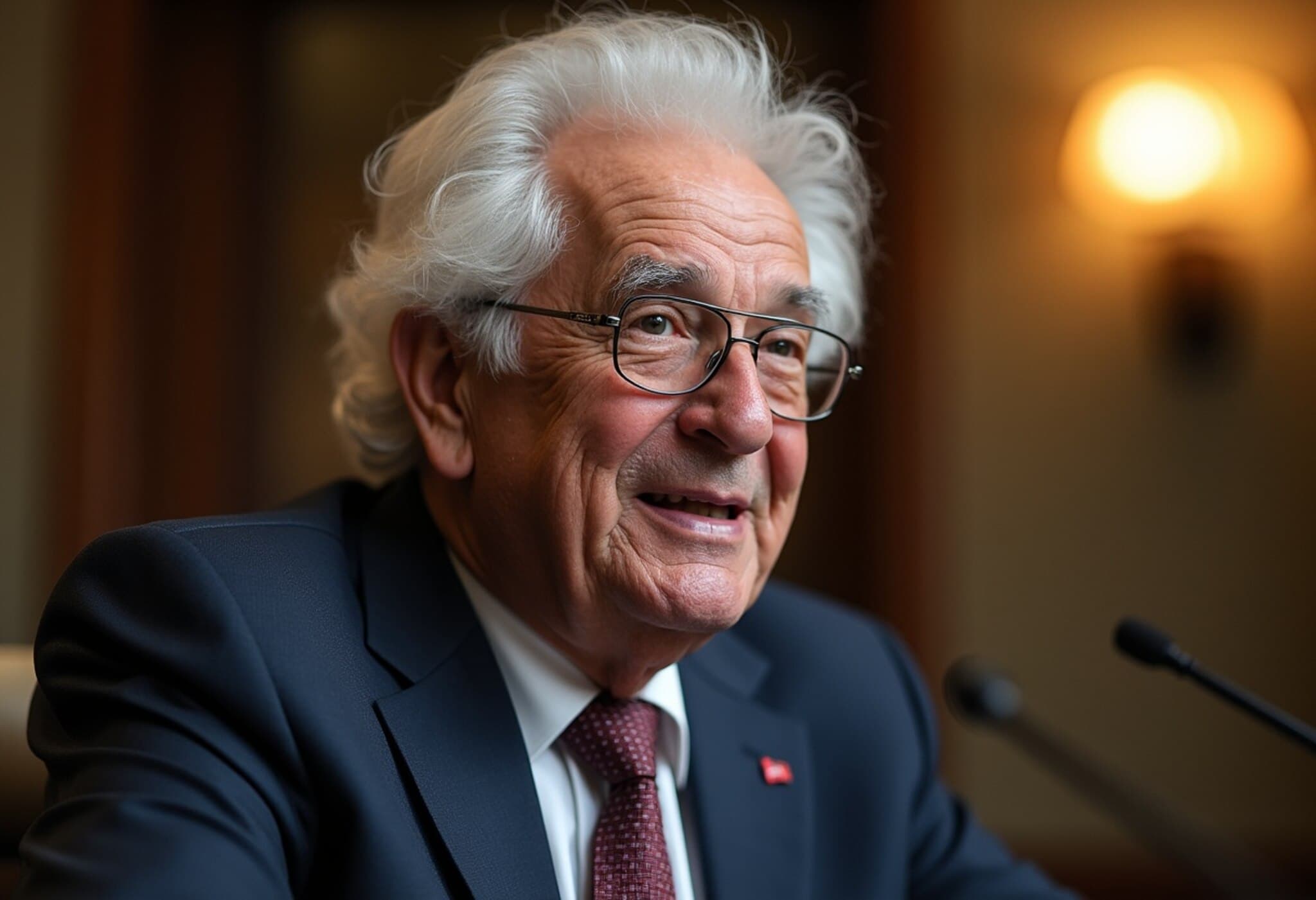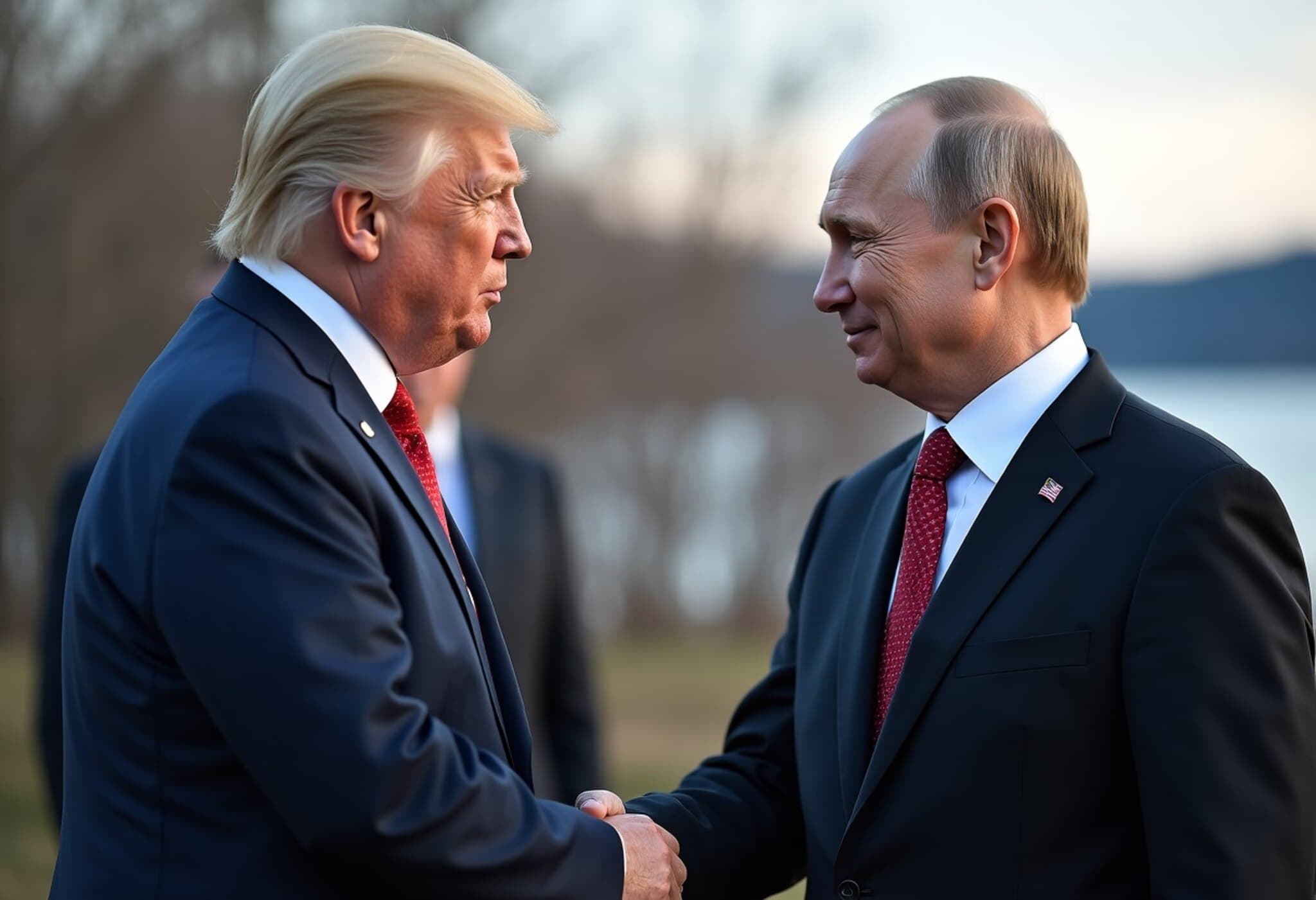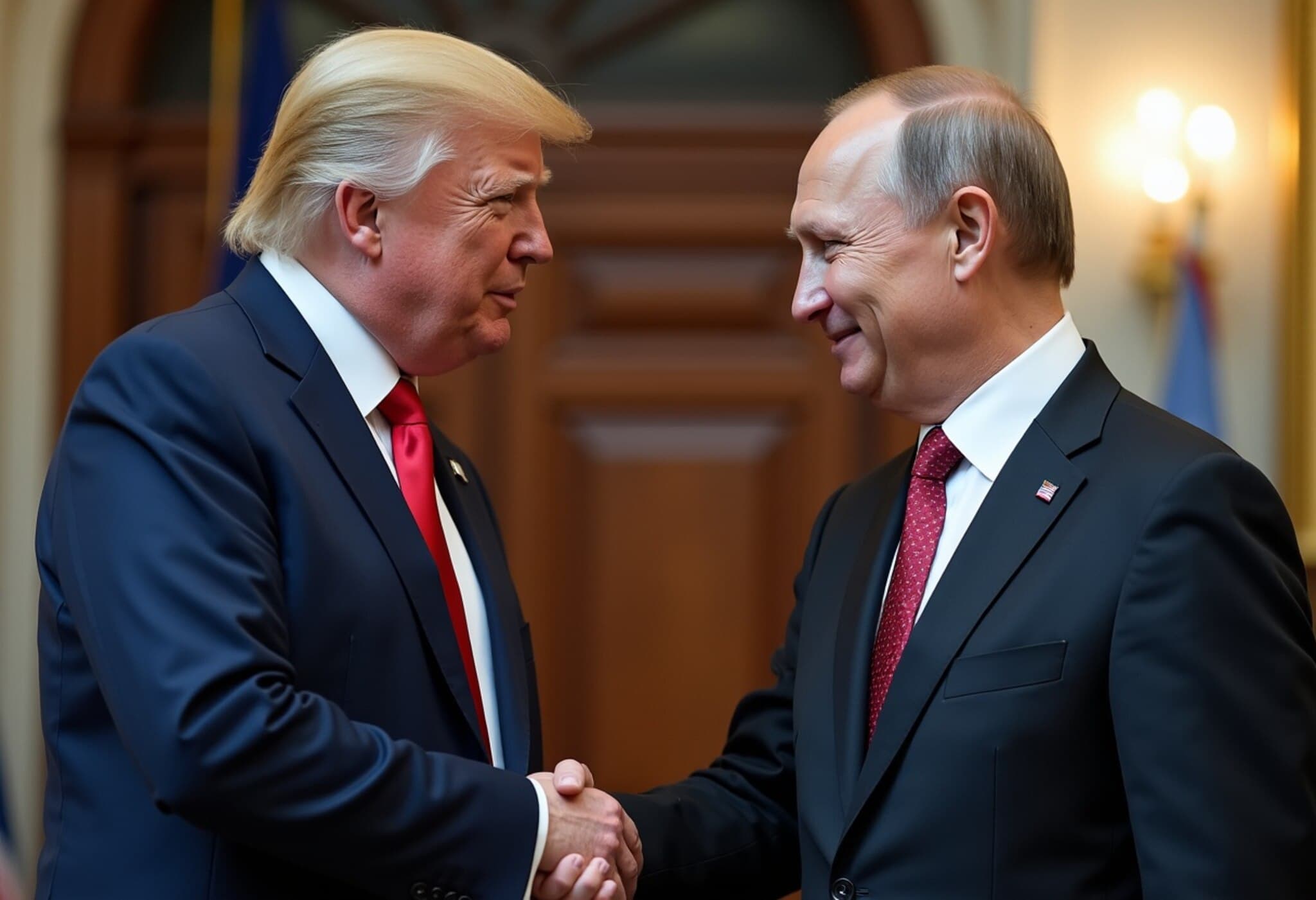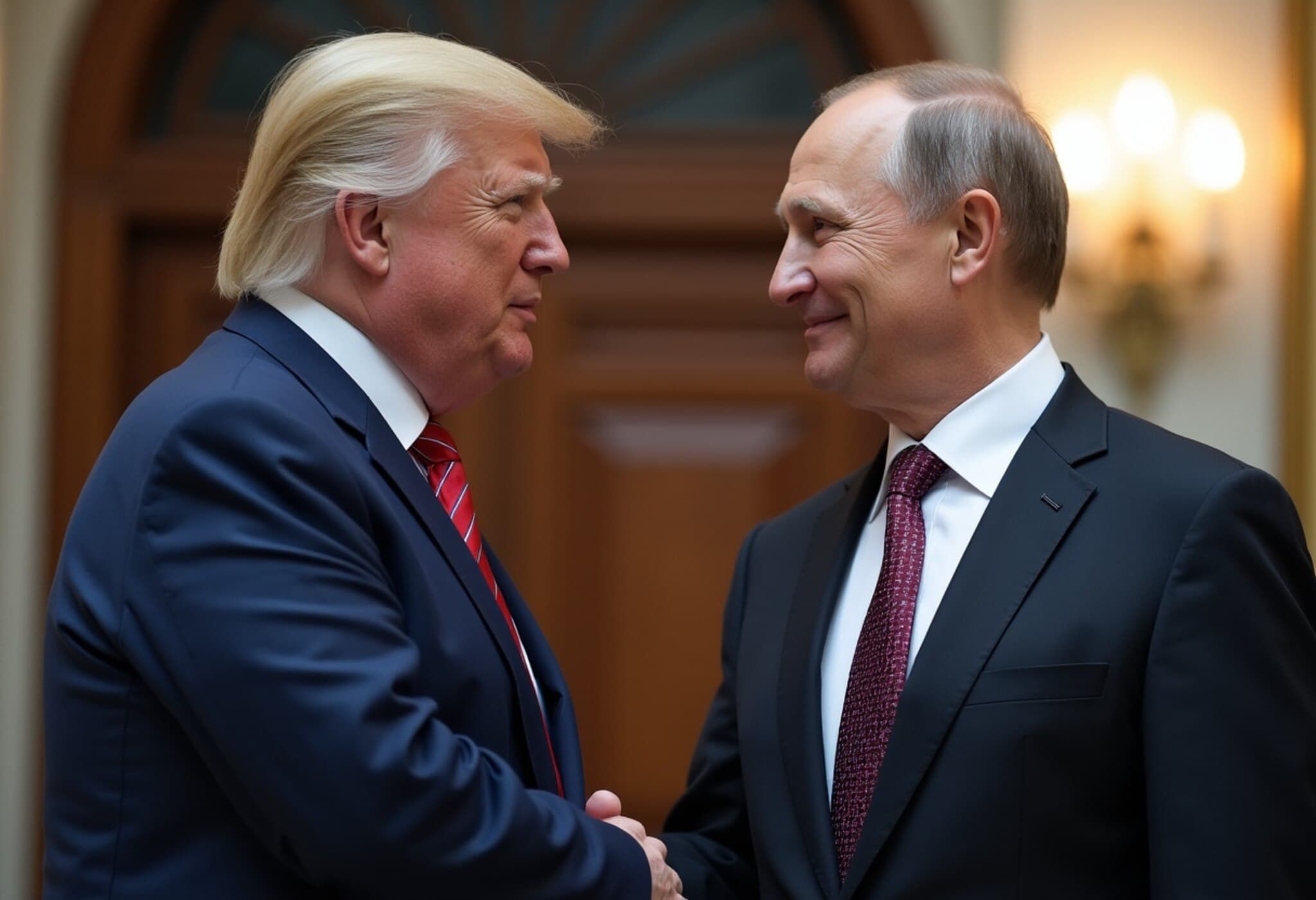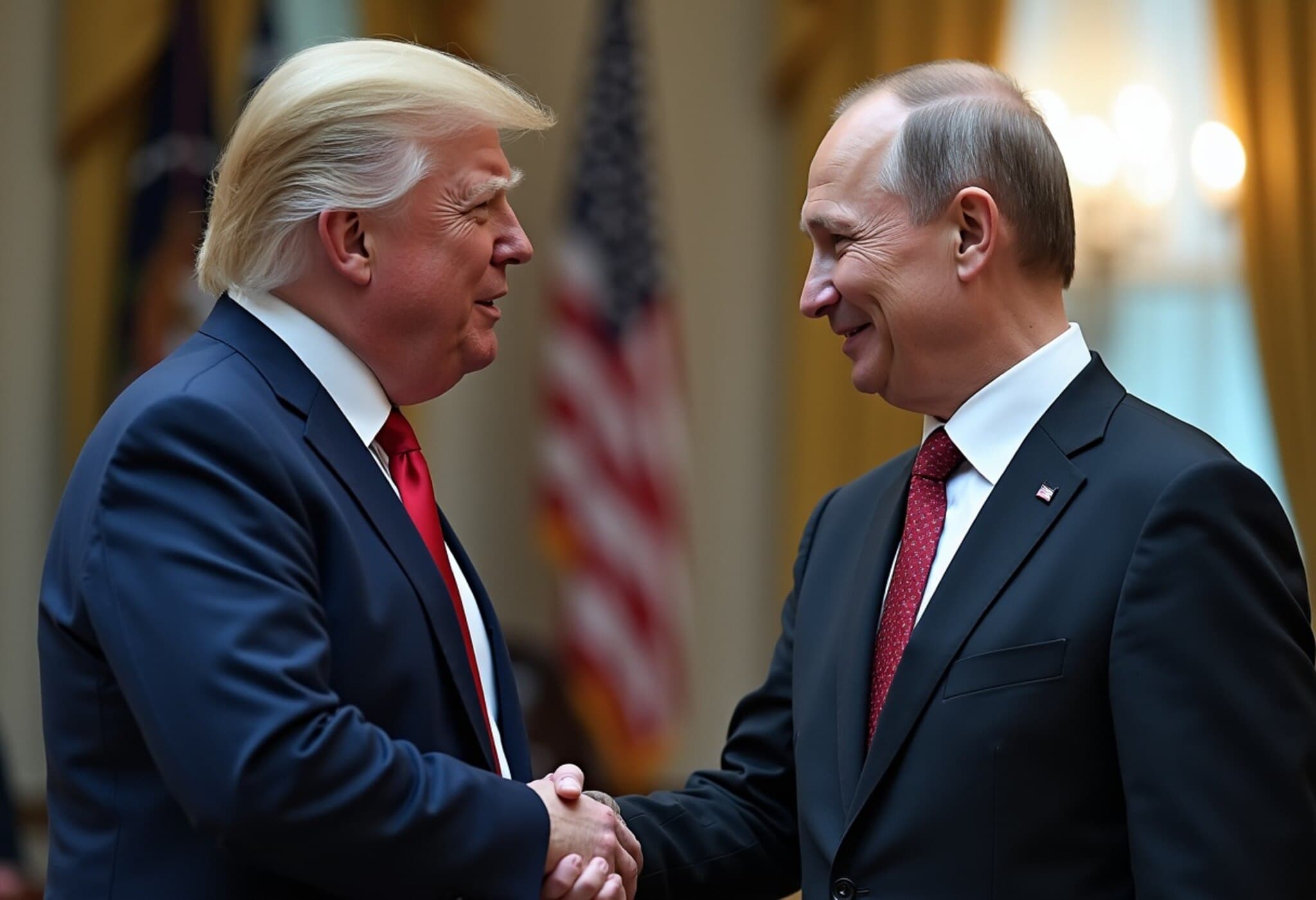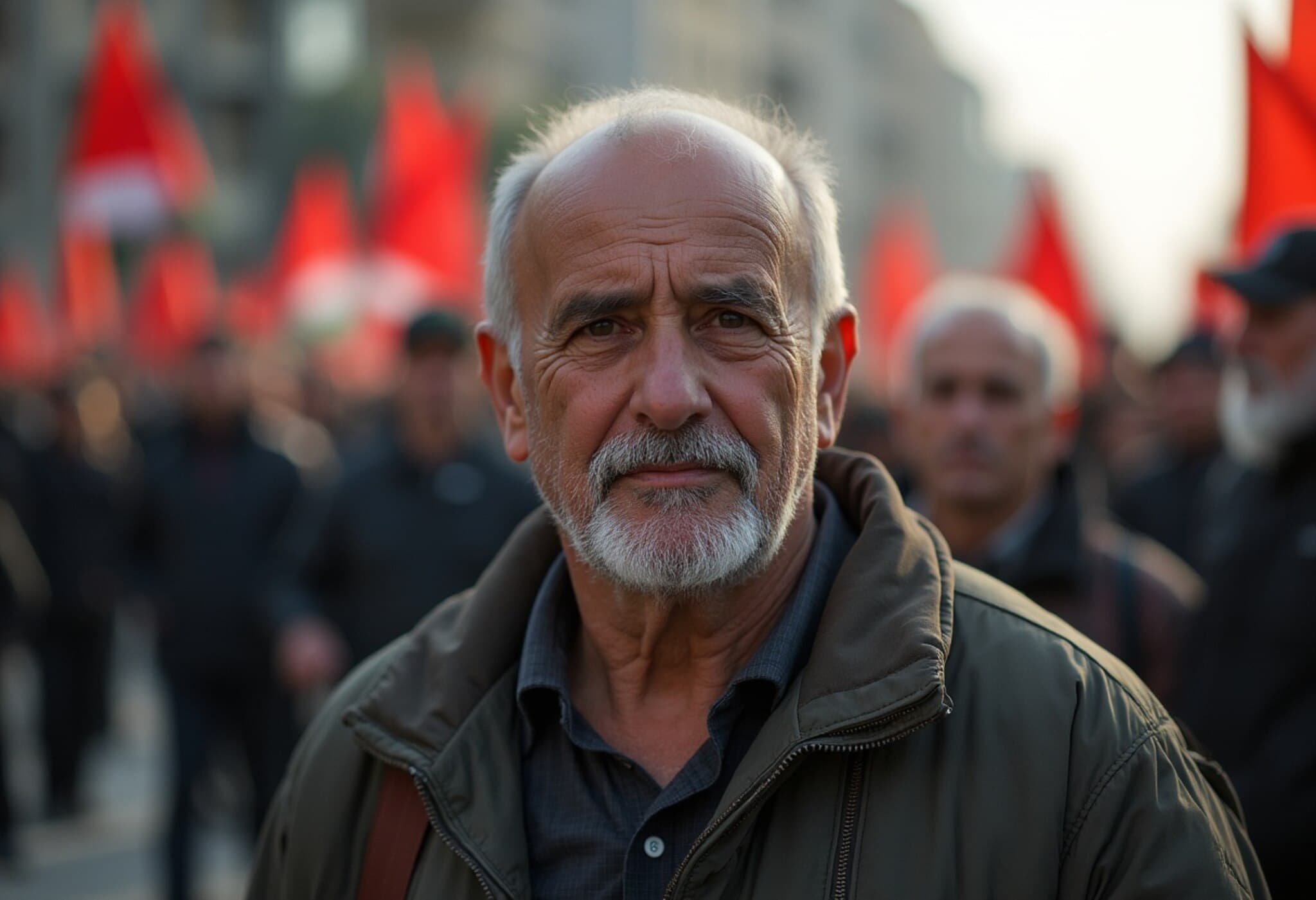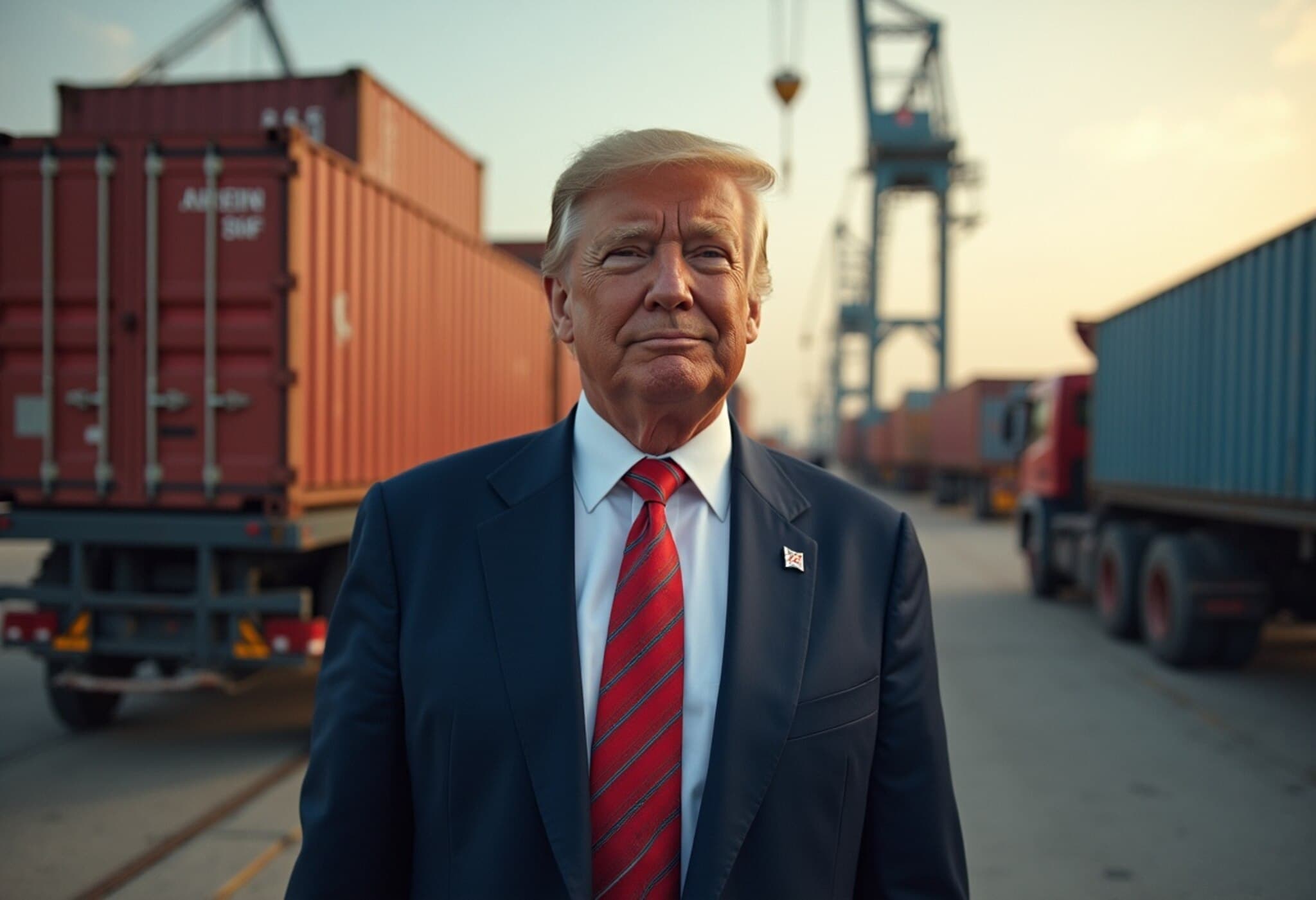Heated Exchange Between Trump and Netanyahu Over Gaza’s Humanitarian Crisis
A tense phone conversation unfolded recently between former U.S. President Donald Trump and Israeli Prime Minister Benjamin Netanyahu concerning the escalating humanitarian emergency in Gaza. Citing confidential sources, NBC News reported that the disagreement centered on whether Gaza is currently experiencing starvation amidst ongoing conflict.
Contrasting Narratives on Gaza’s Starvation
On July 27, during a public event in Jerusalem, Prime Minister Netanyahu emphatically denied allegations of starvation in Gaza, stating, “There is no policy of starvation in Gaza. And there is no starvation in Gaza.” The following day, while visiting Scotland, Trump directly contradicted Netanyahu’s assertions. He expressed concern after reviewing images of starving children in Gaza, saying, “There is real starvation there—you can’t fake that.”
According to sources involved in the conversation, Netanyahu requested an immediate phone meeting with Trump to address the escalating tensions generated by these public remarks. The call reportedly took place within hours of Trump’s comments.
Details of the Phone Call: One-Way Dialogue and Rising Disputes
During the exchange, Netanyahu stood by his claim that reports of widespread hunger were “fabricated” by Hamas propaganda. However, Trump, reportedly growing frustrated, interrupted Netanyahu and raised concerns backed by intelligence aides indicating that children in Gaza were indeed starving.
A former U.S. official described the call as primarily one-sided, with Trump doing most of the talking, underlining American apprehensions about the worsening humanitarian disaster amid ongoing conflict. Both Israeli and White House officials declined to provide official statements.
Context: Gaza’s Deepening Humanitarian Crisis
- At least 38 Palestinians were killed overnight while seeking aid from UN convoys and sites managed by the Israeli-backed Gaza Humanitarian Foundation (GHF).
- The Israeli military asserts that its operations target only Hamas militants and claims to utilize warning shots to prevent civilian casualties.
- International agencies warn that starvation risks in Gaza are worsening—only 1.5% of Gaza’s agricultural land is both accessible and undamaged.
- Several aid groups criticize Israel’s constrained aid distribution routes, which force civilians to navigate dangerous conflict zones.
- UN human rights experts have called for dismantling the GHF, alleging it may facilitate covert military operations under humanitarian cover.
Expert Insight: Geopolitical and Humanitarian Implications
This high-profile dispute between two influential leaders spotlights a deeper dilemma faced by international diplomats and humanitarian agencies: balancing security concerns with pressing humanitarian needs. While Israel emphasizes the necessity of military pressure to defeat Hamas and recover hostages—which Netanyahu reiterates—the moral and political cost of civilian suffering is increasingly under international scrutiny.
Trump’s rare public divergence from Netanyahu also signals a fracture in the usual U.S.-Israel alignment, particularly regarding responses to atrocities affecting innocents. This split invites broader questions about the role of global actors in mitigating proxy conflicts and preventing civilian catastrophes.
What’s Next for Gaza Aid and International Response?
With starvation warnings intensifying and the humanitarian situation rapidly deteriorating, calls are growing louder for immediate, unobstructed aid access and diplomatic efforts that prioritize civilian protection. The controversy surrounding the GHF and the complex operational environment in Gaza highlight the urgent need for transparent, accountable humanitarian frameworks hardwired to withstand political manipulation.
Will continued military campaigns eclipse humanity’s call for compassion, or can diplomatic channels recalibrate to save lives without compromising security goals? This remains the critical question facing policymakers today.
Editor’s Note
This clash between Trump and Netanyahu is more than a dispute over aid—it’s a mirror reflecting the complexities of modern conflict zones where ideological battles intertwine with human suffering. As images and reports of hunger intensify, readers should consider not only the geopolitical chess game but also the urgent imperative to protect innocent lives caught in the crossfire. The evolving dynamics underscore the importance of nuanced journalism, empathetic policy responses, and global cooperation to prevent a humanitarian tragedy from becoming a permanent reality.
Stay informed with us as we continue to provide expert analysis on this unfolding crisis.

